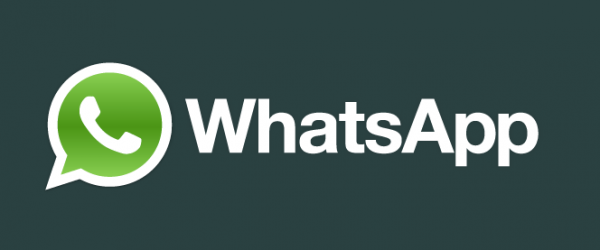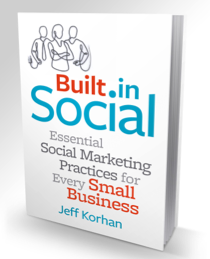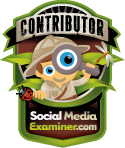
One of the primary responsibilities of every sales and marketing professional is developing warm relationships with customers.
In the days before computers, we made it a habit to learn about the personal lives of our customers, including their families, pets, hobbies, leisure activities, and favorite sports teams. All of this information was either written down or committed to memory, which naturally limited what one person could accomplish.
These days you have the ability to easily collect massive amounts of data that is readily accessible, while also automating how your business connects with customers.
That seems to be where everything often stops – and it shouldn’t.
In this age of automation, it is possible to scale the time-honored practice of getting up close and personal with customers to first earn, and then retain their business.
It only takes recognizing the possibility, and why it is essential for achieving virtually any desirable business outcome.
The Goal is To Honor Every Relationship
What if it were possible to treat every single connection, follower, friend, or member of your tribe as an individual? This is indeed possible if you seek to organize what you automate, and then use that capability to add a human touch.
Businesses tend to organize from their perspective, using categories such as customer, prospect, vendor, etc. Now that you can tag your connections on LinkedIn and most CRM’s, they can be classified with a focus on them, such as their industry, special interests, events where you met, and so on.
This requires putting systems in place, but over time they will prove to be invaluable means for nurturing relationships. For example, social CRM Nimble has a feature that inquires about how frequently you would like to reconnect with a particular connection, thereby sending a notification based upon that desired frequency.
So, let’s say Nimble sends you a notice to reconnect. As one example, you can then link over to his or her LinkedIn profile, which will have a record of your last email conversation if you have activated LinkedIn Contacts.
Opportunity Starts With The First Connection
When you make a new connection, what happens in the days or months that follow is one of two things: The relationship either gets stronger or weaker.
Relationship take work, but if you have the desire and design a plan for connecting and then engaging with prospective buyers, influencers, and potential partners, opportunities will manifest.
Most of us have squandered more opportunities than we can count because we simply were not ready to take the relationship further. This was understandable in the old days, but technology has now erased those physical limitations.
Once you do make that initial connection, you often have just one shot at making it stronger. Here are a few suggested steps for doing so.
#1 – Invite everyone (yes, everyone) you meet to connect on LinkedIn. If they accept the connection, tag the relationship according to what works best for you. This could include where you met or what you have in common.
#2 – Use your social CRM to remind you when to reconnect with people to keep the relationship alive. The frequency will depend upon the relationship and potential opportunities.
#3 – Build a system that remembers personal information, and develop a plan for leveraging that. This is one of the secrets to getting more engagement on Facebook and the other channels – in short, be personal!
About the Author: Jeff Korhan, MBA, is the author of Built-In Social: Essential Social Marketing Practices for Every Small Business – (Wiley)
He helps mainstream businesses adapt their traditional growth practices to a digital world. Connect with Jeff on LinkedIn, Twitter, Facebook, and Google+.



